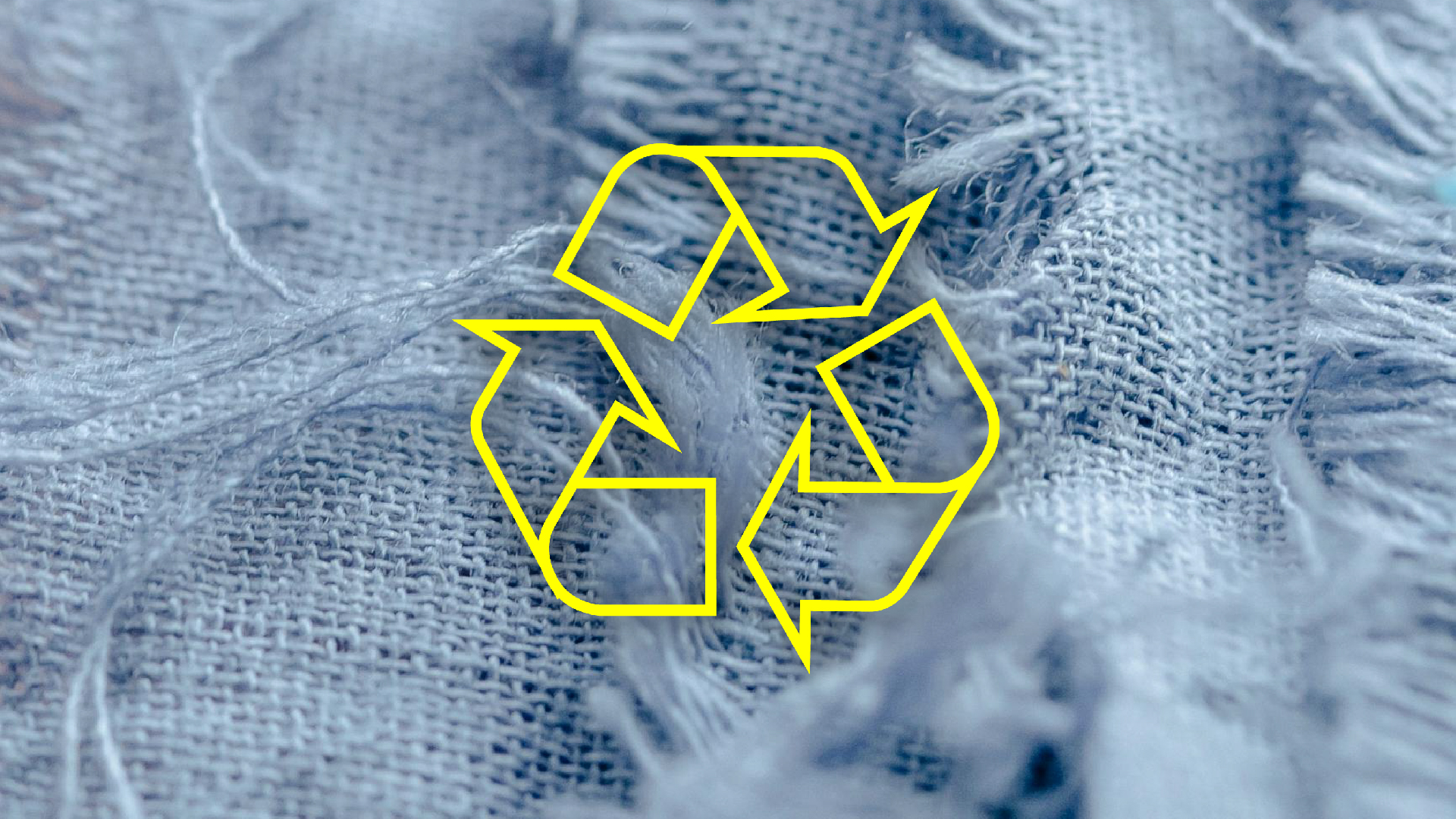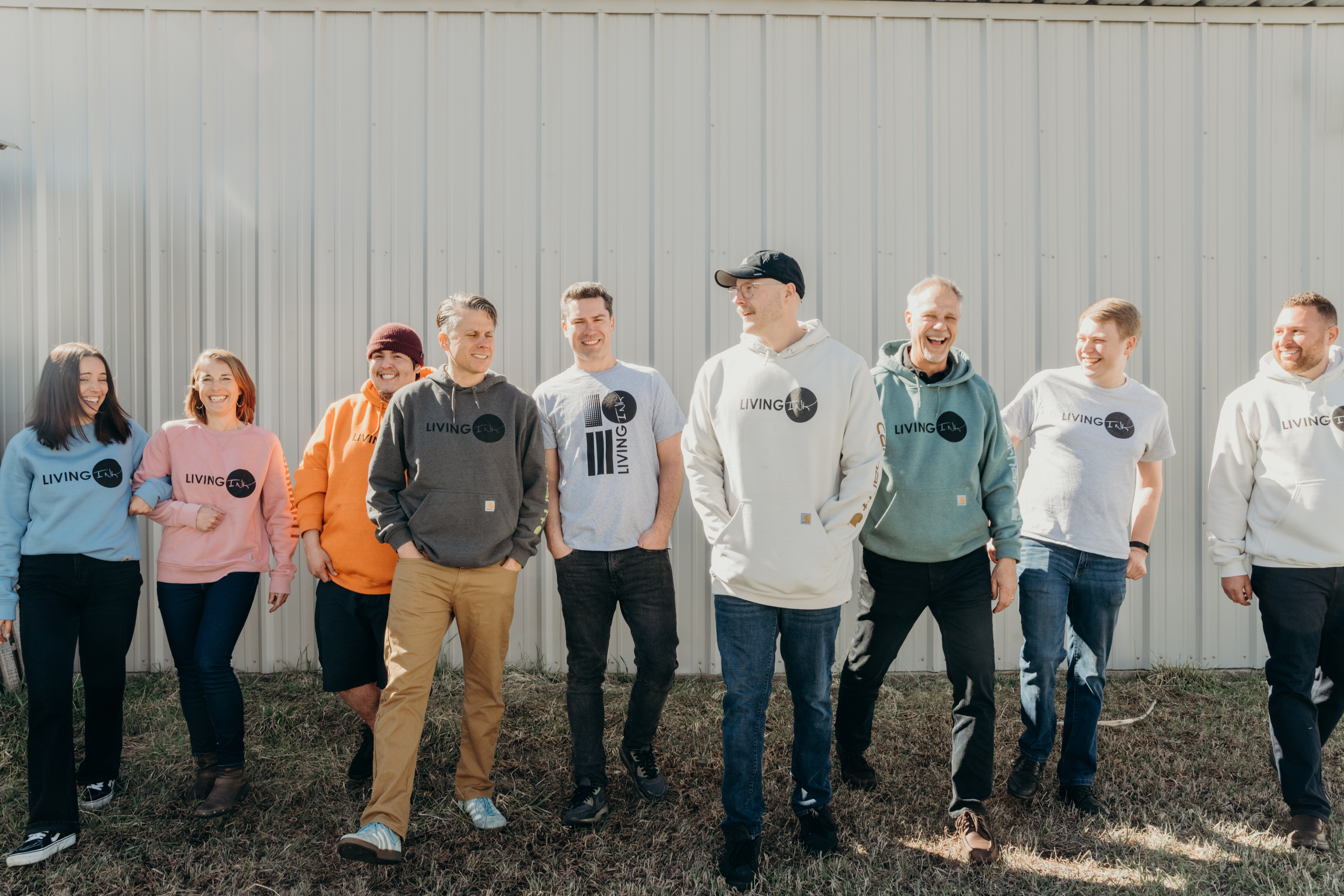Fashion for Good welcomes three innovators to Scaling Programme
9 May 2018
AMSTERDAM-From today Ambercycle, BEXT360 and Tyton Biosciences join forces with Fashion for Good, as the three new participants in the Scaling Programme. These companies focus on chemical recycling and traceability solutions. They will now get the unique opportunity to connect to manufacturers, brands and investors capable of helping them fast-track the implementation and adoption of their daring innovations. The three innovators will be supported for a period of 18 months, with clear and jointly defined milestones on each company’s roadmap to scale.
The Scaling Programme of Fashion for Good now consists of eight innovative participants who are ready to revolutionize the industry: ColorZen, The Infinited Fiber Company, Softwear Automation Inc, Tamicare and Worn Again. Now with the latest additions Ambercycle, BEXT360 and Tyton Biosciences.
Ambercycle focuses on turning post-consumer textile waste into new fibres. Ambercycyle fibres are used as a direct replacement for traditional polyester. This technology enables the designers and manufacturers of clothing to truly embrace circular production models without sacrificing quality or cost. Co-founder of Ambercycle Akshay Sethi: “the textile industry is on the brink of an incredible transformation. The Scaling Programme of Fashion for Good builds the invaluable setting necessary to translate scientific breakthroughs into technologies that usher in this transformation.”
BEXT360 provides a solution that enables companies to trace assets across the entire value chain using a unique combination of blockchain, IoT, machine vision and artificial intelligence. Daniel Jones, CEO of BEXT360: “Our vision is to improve the global fashion industry through digital solutions that validate claims about product provenance, product authenticity and the conditions under which products are being made.” Bext360 is the first traceability company to join the Fashion for Good Scaling Programme.
Tyton BioSciences recycles discarded clothing to produce the basis of petroleum- and plant-based fabrics. Tyton’s virgin-equivalent, market-grade dissolving pulp and petroleum monomers can be sold at the same cost as virgin materials to manufacturers who make fibres. Whether cotton, poly-cotton, polyester, nylon or other fibres, Tyton aims to cost-effectively recycle these materials using water as a solvent. This makes their tech a clean and economical alternative in the recycling industry. Peter Majeranowski, CEO of Tyton: “Fashion for Good’s ability to stimulate collaboration between like-minded fashion brands and cutting-edge tech companies will change the future of fashion sustainability.”
Other Articles

In conversation with Smartex: Explore Smartex’s AI-driven solutions transforming quality control and reducing waste

Fashion for Good and Textile Exchange Team Up to Trace Textile Waste

